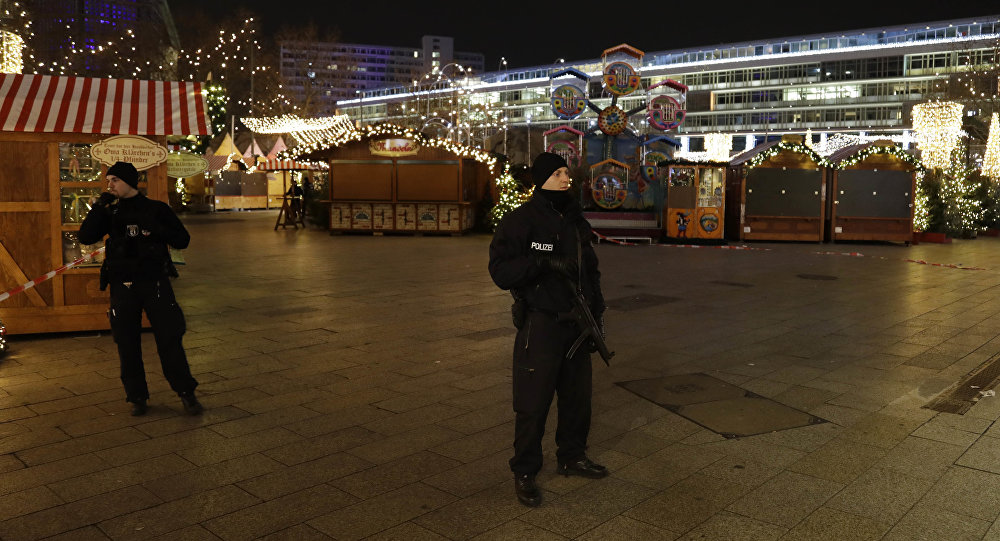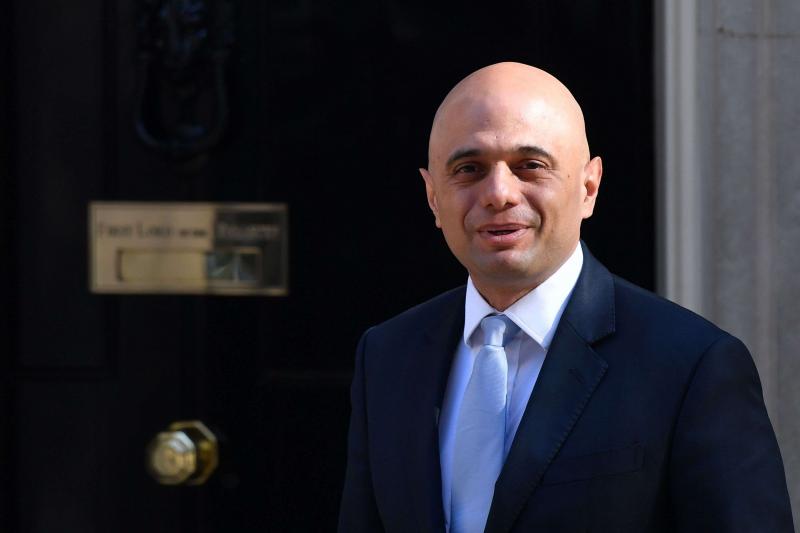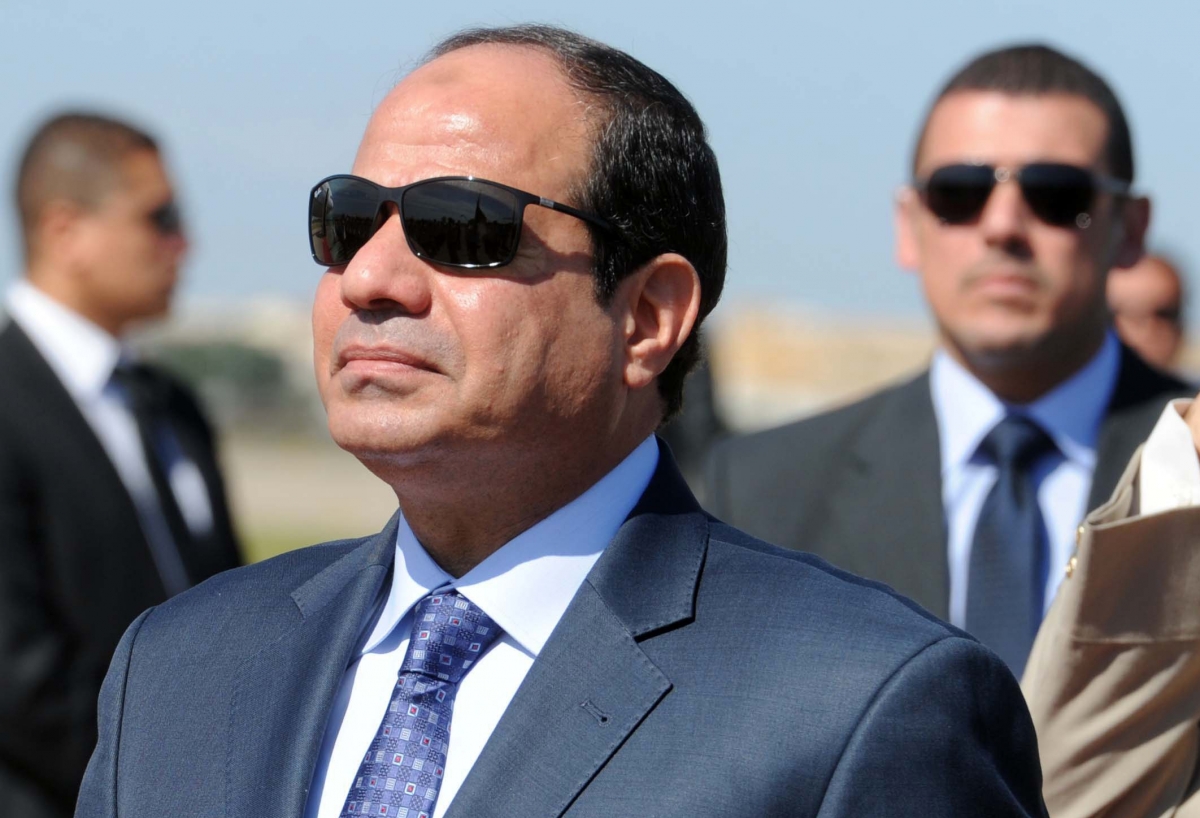An increase in so-called homegrown extremism and attacks perpetrated in Western cities like London and Berlin have changed the urban landscape. Waterloo Bridge and other bridges in London are now protected with barriers against vehicle attacks aimed at pedestrians.
In Germany, Christmas markets and other events drawing a large number of people within cities are now surrounded by concrete blocks and an increasing number of armed police officers. These measures are designed to physically harden potential targets and thereby deter terrorists from attacking.
Target hardening is one measure governments use to increase the resilience of their constituency. Resilience is the ability to respond to, withstand and recover from adverse situations and is often understood in physical and reactive terms in relation to terrorism.
Physical hardening of potential targets is undertaken in response to recent attacks. Non-physical resilience measures such as training emergency service personnel specifically for the context of terroristic violence are reactive measures designed to improve the immediate reactions to an attack.
There is an abundance of counter-measures against terrorism on a variety of levels, including physical resilience measures, programs to prevent extremism, programs to countering extremist narratives, projects to increase surveillance, programs to detect radicalized individuals to de-radicalize them and many more.
Despite all these efforts, however, the problem of terrorism and extremism will never be fully eliminated. At best, we will be able to limit and reduce extremist activity, but terrorism and extremism will remain key factors in modern life. Therefore, resilience measures need to go deeper than barricading bridges and should become proactive and psychological.
Societal coping mechanisms against these violent terror attacks, always latently present yet rare, will be the decisive factor determining the long-term impact this type of violence will have on Western societies.
Terrorism has an impact beyond its immediate victims and can act as a divisive force within the targeted society. Beyond causing immediate damage to the largest possible number of civilians, it is partially aimed at weakening the social fabric holding our multi-cultural communities together and may cause an increase in distrust, scapegoating, discrimination and polarization.
Terroristic violence is a long-term strategy against an adversary with higher capabilities than the terrorist group. Especially in democracies, targeting the population and installing fear can have political effects beneficial to the overall strategic considerations of the extremists. The fear of terrorism has consequences much beyond individual attacks. Countering the divisive forces of fear and distrust should be a concern for policy-makers and civil society actors alike.
We live in multi-cultural, multi-ethnic, multi-religious societies and the need to develop practices of cohesion-building are meaningful in any case. But psychological community cohesion, the feeling of trust and belonging to a larger entity, can also help reduce the negative effects of extremism and terrorism.
If we do not invest in thickening the social fabric and broaden our understanding of counter-terrorism measures and resilience-building, the diverse Western societies we live in may not withstand the pressure from continued terrorist threat unscathed. Scapegoating, polarization and a decrease in trust are already becoming evident and these developments are exactly what continuous threat of terrorism is aimed at.
It is necessary and important to focus on extremists, their radicalization and recruitment tactics and the physical deterrence of future terrorist acts. But if we want to develop and uphold strong and cohesive societies that are able to absorb and recover from extremism and violence in their midst, we need long-term psychological resilience strategies and community building measures. While confronting those already on the path to violence, we should not lose sight of the larger social conglomerate and the psychological well-being of society as a whole.
Disclaimer: The views and opinions expressed here are those of the author and do not necessarily reflect the editorial position of The Globe Post.
















